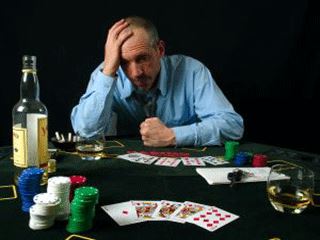As I was watching lately the film American Sniper I was struck by a quote. During training as a sniper the hero (Chris Kyle) is asked to close one eye to aim. He answers that he prefers to watch what’s happening around him instead of just focusing narrowly on a possible target.

I think it is a great metaphor of the fact that we both need to focus our attention to be effective, and we still need to monitor continuously our surroundings to check what is happening. Because the most disruptive changes to our situation might come from places that we can’t even anticipate, and be very indirect consequences of far-away events.
This represents an important balance that we need in life, and it is not contradictory – although it requires some discipline. We can do both sequentially, not necessarily at the same time: maintain concentrated focus on what you want to achieve, which might be far away and tough to reach, and don’t forget to monitor sufficiently what is happening in the world around you.
Remember that the worst disasters were always the result of unexpected chains of events that started from places we thought were safe and stable. Don’t forget to monitor what happens around you!












